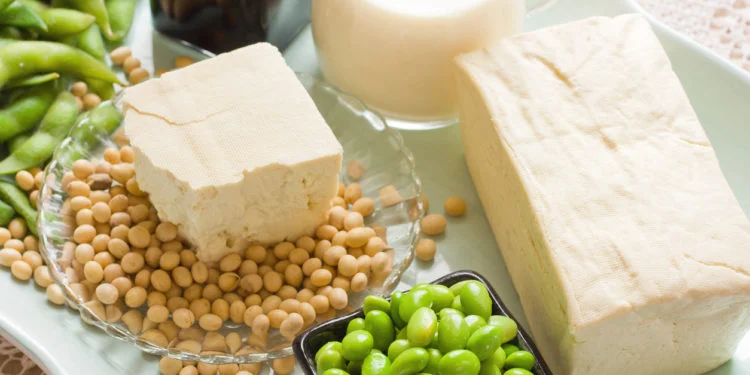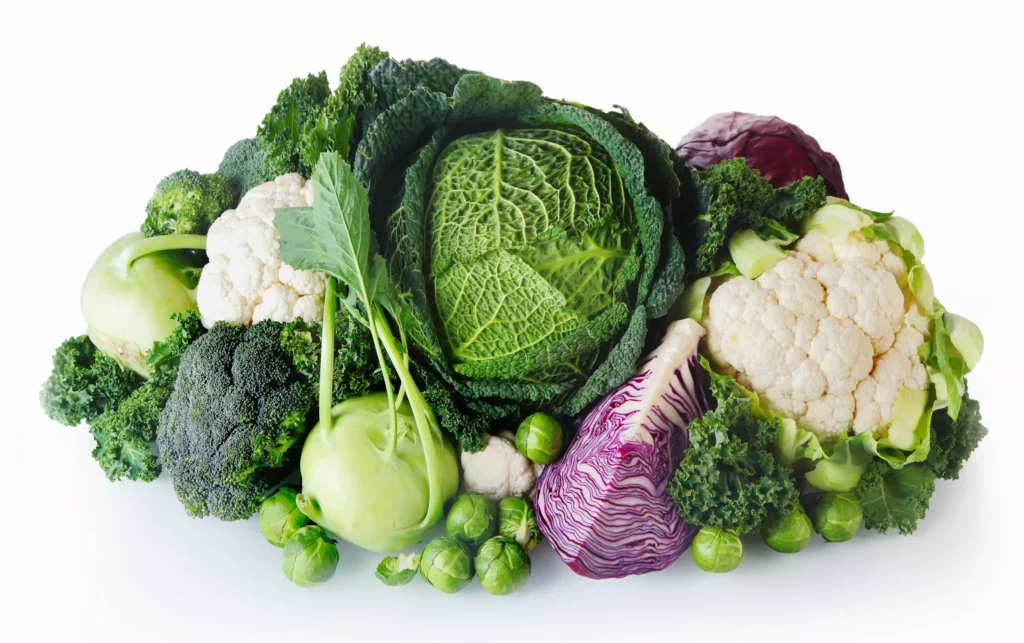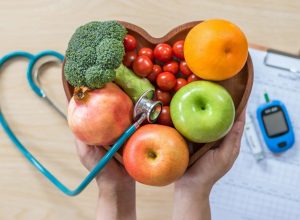Foods to Avoid for Thyroid Patients: The Ultimate Guide
Managing your thyroid health through diet is an important aspect of controlling thyroid disorders like hypothyroidism and hyperthyroidism. While medications can help balance thyroid hormones, what you eat plays a critical role in supporting thyroid function and preventing certain foods from interfering with thyroid medication. Knowing which foods to avoid and which to include can help you manage your thyroid condition more effectively.
In this guide, we will walk through how diet impacts thyroid health, the top 10 foods thyroid patients should avoid, and practical tips for maintaining a thyroid-friendly diet.
How Diet Affects Thyroid Health
Your thyroid gland plays a vital role in regulating your metabolism and overall energy levels through the production of hormones like thyroxine (T4) and triiodothyronine (T3). The thyroid requires specific nutrients such as iodine, selenium, and zinc to function correctly. However, certain foods can disrupt the balance of these hormones, leading to either hypothyroidism or hyperthyroidism.
In particular, processed foods, soy products, and goitrogenic foods (foods that can interfere with thyroid function) can affect hormone production and absorption, making it harder for the thyroid to maintain balance.
Top 10 Foods to Avoid for Thyroid Patients
Some foods are known to interfere with thyroid hormone production or absorption. Below is a list of the top 10 foods you should avoid to maintain optimal thyroid health.
1. Foods with Soy

Soy contains compounds known as isoflavones that can interfere with thyroid hormone absorption, especially for people with hypothyroidism. Consuming large amounts of soy-based products like tofu, soy milk, and soy protein should be avoided if you are on thyroid medication.
2. Cruciferous Vegetables

Vegetables like broccoli, cabbage, and cauliflower contain goitrogens, which can block the thyroid’s ability to absorb iodine, a critical mineral for thyroid hormone production. While moderate consumption may be safe, eating these vegetables raw or in large quantities can have a negative impact on thyroid health.
3. Gluten

Gluten can be problematic for people with autoimmune thyroid diseases like Hashimoto’s thyroiditis. Gluten can cause inflammation and interfere with the absorption of thyroid medication, so it’s often recommended to follow a gluten-free diet to reduce symptoms and improve thyroid function.
4. Fried Foods

Fried foods are typically high in unhealthy trans fats, which can negatively affect thyroid function and overall health. Trans fats increase inflammation in the body and may interfere with the thyroid’s ability to produce hormones efficiently.
5. Sugary Foods

High sugar intake can exacerbate issues related to thyroid disorders, especially for people with hypothyroidism, who are already at risk for weight gain and insulin resistance. Avoiding sweets, candies, and sugary beverages can help stabilize energy levels and support better thyroid function.
6. Processed Foods

Processed foods often contain unhealthy fats, high levels of sodium, and preservatives that can affect thyroid health. Excessive sodium intake is especially harmful for hypothyroid patients, as it can increase the risk of high blood pressure. Aim to limit processed snacks, fast food, and canned meals.
7. Alcohol

Alcohol can interfere with thyroid hormone production and metabolism, leading to an imbalanced thyroid function. Studies have shown that alcohol can reduce thyroid hormone levels, particularly T3 and T4, so limiting alcohol consumption is highly recommended for thyroid patients.
8. Caffeinated Beverages

Caffeine can disrupt sleep patterns and increase anxiety, both of which are common issues for individuals with thyroid disorders. Additionally, caffeine may interfere with the absorption of thyroid medication, so it’s best to consume caffeine in moderation and avoid it close to medication times.
9. Highly Salty Foods

Excessive salt intake, particularly iodized salt, can lead to complications in thyroid health. While iodine is essential for thyroid function, consuming too much iodine from salt and processed foods can worsen thyroid conditions like hyperthyroidism.
10. Refined Carbohydrates
Refined carbs, such as white bread, pastries, and pasta, can cause blood sugar spikes and contribute to weight gain. People with hypothyroidism are particularly susceptible to insulin resistance and weight gain, so it’s best to choose whole grains over refined carbs to manage thyroid symptoms more effectively.
Do’s and Don’ts for Thyroid Health
Do’s:
Don’ts:
Conclusion
Maintaining a thyroid-friendly diet is crucial for supporting thyroid function and overall health. By avoiding foods that interfere with thyroid hormone production—such as soy, cruciferous vegetables, and processed foods—you can help keep your thyroid healthy and balanced. Incorporating nutrient-rich foods like iodine and selenium can also improve thyroid function and help manage weight.
For those struggling with thyroid disorders, following a well-balanced diet tailored to your thyroid health can be a game-changer. To receive personalized advice on managing your thyroid condition, consult a certified dietitian like Dt. Ila Sharrma, who specializes in thyroid health.












